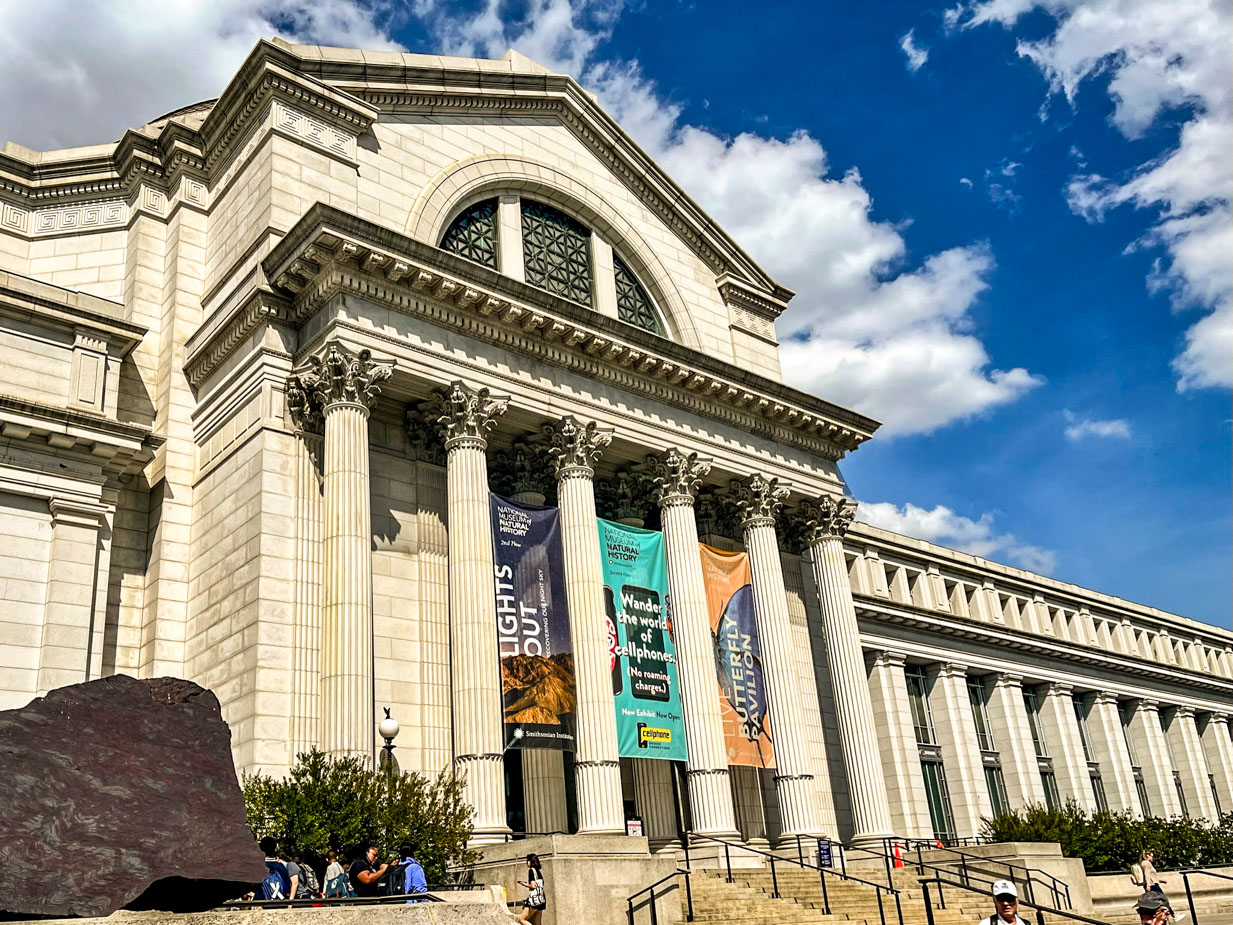

 ©Michael Player
©Michael Player
Chapter 13:8-14 (ESV) - Owe no one anything, except to love each other, for the one who loves another has fulfilled the law. For the commandments, “You shall not commit adultery, You shall not murder, You shall not steal, You shall not covet,” and any other commandment, are summed up in this word: “You shall love your neighbor as yourself.” Love does no wrong to a neighbor; therefore love is the fulfilling of the law.
Besides this you know the time, that the hour has come for you to wake from sleep. For salvation is nearer to us now than when we first believed. The night is far gone; the day is at hand. So then let us cast off the works of darkness and put on the armor of light. Let us walk properly as in the daytime, not in orgies and drunkenness, not in sexual immorality and sensuality, not in quarreling and jealousy. But put on the Lord Jesus Christ, and make no provision for the flesh, to gratify its desires.
Question to consider: Why is it important that we attempt to reconcile with other people?
The ten commandments are summed up in two tables: the laws pertaining to our love of God and the laws pertaining to our love of neighbor. If you read through the commandments in Exodus 20 and Deuteronomy 5, you may notice that the first table of the law goes into much more detail than the second. In fact, the laws pertaining to our neighbor can actually be viewed as one long command that is joined together by “and”: you shall not commit adultery and you shall not murder and you shall not steal and you shall not lie about your neighbor and you shall not covet.
The truth is that we probably need more instruction on how to love God because God is wholly different from us. However we know how to love our neighbor because we know how to love ourselves. Paul’s statement, “Owe no one anything, except to love each other,” is pretty shocking considering its context included not only the church but society as a whole. We should have no other debts to society whether it be taxes or revenue or honor, but love is a gift that continues to flow out from us like a river. It is hard to love someone who we believe is owed our judgment or our derision, but Paul has been saying to let God be their judge and love them anyway.
Of course the only one who truly loves another and has fulfilled the law is Christ, but we can’t forget that Paul has already stated back in chapter six that we have been baptized into Christ and filled with the Holy Spirit. It should be our desire to follow Christ in doing no wrong to our neighbor. Obviously, we fall short of this time and again, but the mark of a Christian should be to reconcile with one another when we do. One of the most shocking things we can do as a Christian is to admit when we are wrong and seek forgiveness from our neighbor. Just as shocking is when we seek to reconcile with those who have wronged us.
Paul used this as a reminder to them that time was of the essence. When Paul wrote this, the generation in which Jesus proclaimed the judgment against Jerusalem was coming to an end so there was a deep sense of urgency. Even today our urgency has not diminished since we don’t know the hour of our own death or the return of Christ to finally judge the living and the dead. Instead of focusing on the pleasures of this world, Paul wrote that we should put on Christ like an armor of light against this present darkness. Again, we view this in light of the war between our spirit and flesh that Paul emphasized back in chapter seven. When we put on Christ through His word and good gifts to us, we leave little room for the flesh to win that battle.
Dear Lord, thank You for demonstrating true love for our neighbor in Your life, death and resurrection. Help us to abide in You and let Your word abide in us so that we may overflow with Your love to our neighbor. Amen.